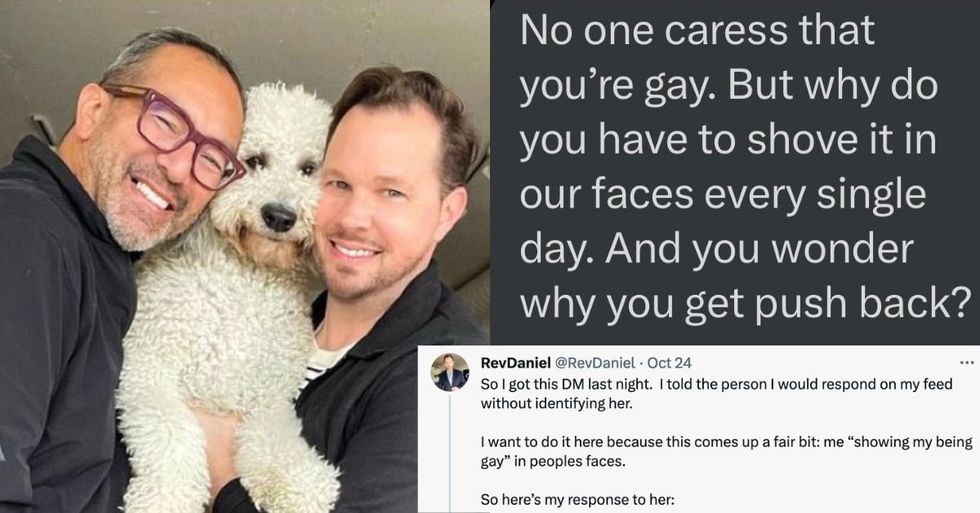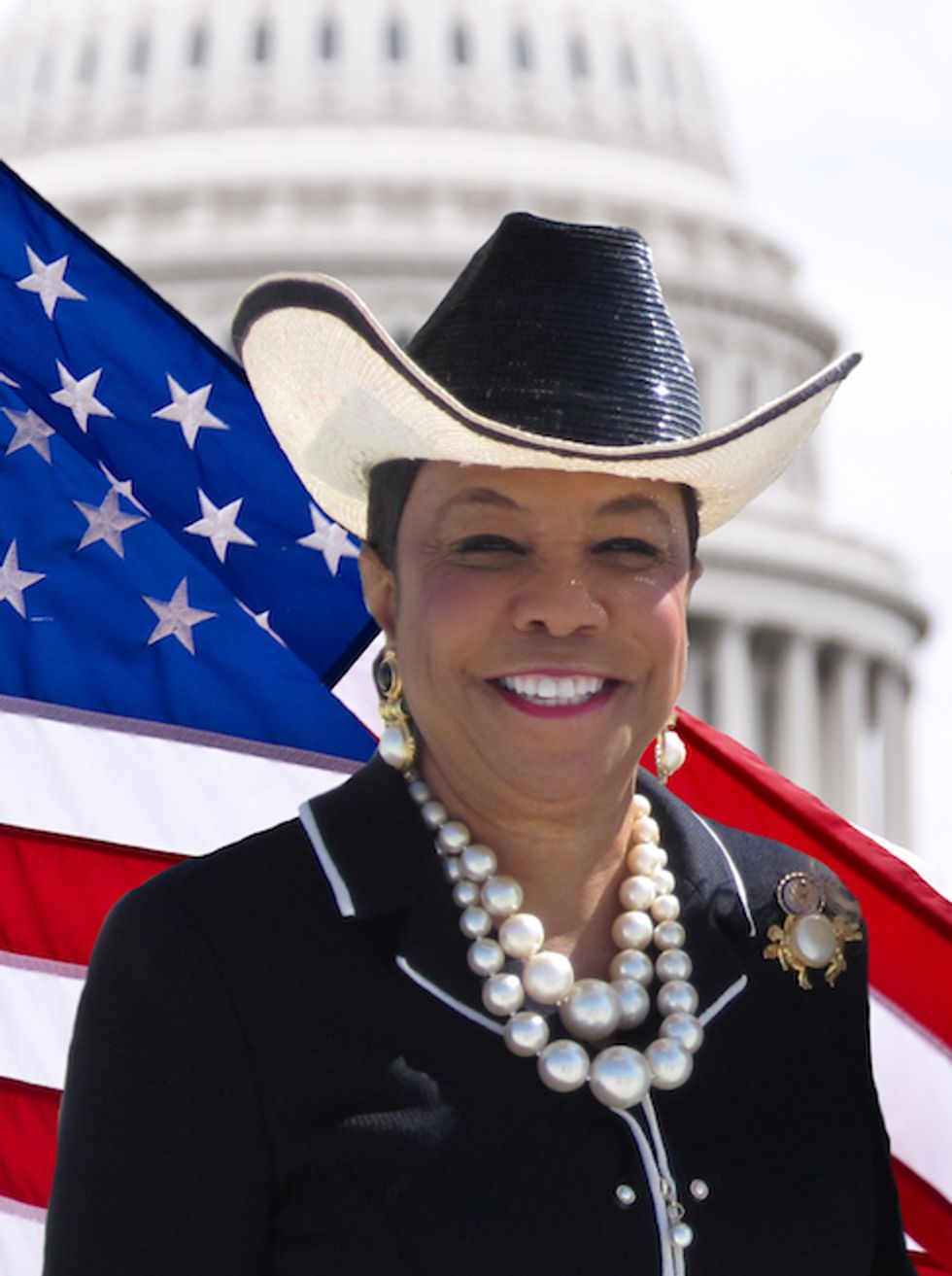Lindy West's New York Times editorial commended women for their fortitude in raising their voices against many forms of oppression. The piece resonated with women who are no longer afraid to be heard as West gave recent examples of women speaking out.
Uma Thurman expressed her restrained rage in the wake of the Harvey Weinstein sexual harassment allegations during last week's Access Hollywood interview. Rather than launching into a tirade, she eloquently conveyed her opprobrium over Hollywood's power of abuse:
“I don’t have a tidy soundbite for you, because I’ve learned — I am not a child — and I have learned that when I’ve spoken in anger I usually regret the way I express myself. So I’ve been waiting to feel less angry. And when I’m ready, I’ll say what I have to say.”
"]
"Thurman is seething, like we have all been seething," wrote West, touching on Thurman's calculated response. "We are seething at how long we have been ignored, seething for the ones who were long ago punished for telling the truth, seething for being told all of our lives that we have no right to seethe."
West listed two other women who were victims of public shaming for having a voice. Carmen Yulín Cruz, the mayor of San Juan Puerto Rico recieved conservative backlash for criticizing Donald Trump's insouciant response to Hurricane Maria relief efforts, and Florida congresswoman Frederica Wilson dealt with vitriolic pushback for calling out the president's phone call to military widow Myeshia Johnson as an "insult."
West has a platform to express her frustration of woman being derided for having a voice. She does not approve of being told to resist.
"Not only are women expected to weather sexual violence, intimate partner violence, workplace discrimination, institutional subordination, the expectation of free domestic labor, the blame for our own victimization, and all the subtler, invisible cuts that undermine us daily, we are not even allowed to be angry about it."
West describes a pervasively misogynistic culture in which women are told not to complain while in the presence of men in power. "We are expected to keep quiet about the men who prey upon us, as though their predation was our choice, not theirs."
"We are expected to agree (and we comply!) with the paternal admonition that it is irresponsible and hyperemotional to request one female president after 241 years of male ones...as though generations of white male politicians haven’t proven themselves utterly disinterested in caring for the needs of communities to which they do not belong. As though white men’s monopolistic death-grip on power in America doesn’t belie precisely the kind of “identity politics” they claim to abhor. As though competent, qualified women are so thin on the ground that even a concerted, sincere, large-scale search for one would be a long shot, and any resulting candidate a compromise."
It took years for West to become a "feminist," a label she's managed to avoid since it was tantamont to being undesireable for men. But now she she has a different definition: "Feminism is the collective manifestation of female anger."
Others profoundly agree with her triumphant commentary.
Please SHARE this with your friends and family.
 COMICSANDS
COMICSANDS percolately
percolately georgetakei
georgetakei secondnexus
secondnexus george's picks
george's picks














Older Woman's Facebook Post Showing Off Dress Met With Rude Comments From Other Women